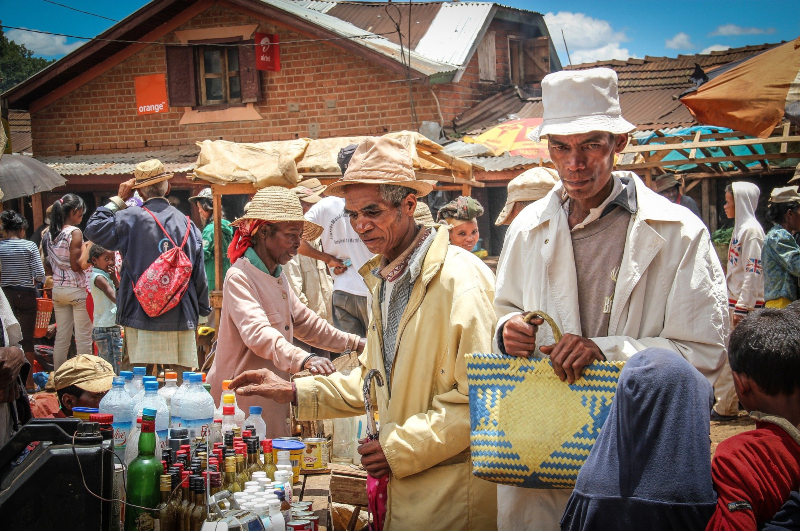

According to the World Urbanization 2014 UN report, 54% of the world's population lives in urban areas, this proportion is expected to rise to 66% by 2050.
Research conducted by the IRD (Institute for development research) seeks to understand the vulnerabilities and impacts of climate change in the city to propose solutions adapted to growing urban concentration. The increase in rainfall events and the sealing of soils linked to urbanization increase the threat of flooding. Heavy rainfall also increases the risk of landslides. These phenomena are often amplified by the vulnerability of urban environments. They are also caused by poorly controlled human activities, urban concentrations dangerous areas, and precarious housing conditions.
Climate change in urban areas is complex
Despite the lack of urban climate observation systems in developing countries such as Madagascar, we observe impacts due to the increase in temperature, climate variability, and the multiplication of extreme weather events. The 5th report of the Intergovernmental Group of Experts on Climate Change (IPCC) insists on the urgency of dealing with the urban situation, both in terms of mitigation policies, and adaptation capacities, because the impacts on society are poorly assessed and worrying.
The effects of climate change in urban areas are, generally, still to be discovered. According to an article published by IRD Editions, one of the future challenges consists in modeling urban microclimates and their impacts, conferring on the urban structure and the lifestyles of the inhabitants. The effects of global warming should not mask the direct effects of urban emissions on air pollution and urban climate warming. Moreover, due to a complex sequence typical of urban environments, it is difficult to distinguish phenomena of natural origin from phenomena of anthropic origin.
We must produce a communication material on climate change
With a population of 1,274,225 inhabitants, the city of Antananarivo, which is the administrative capital of the country, alone concentrates more than a quarter of the urban population (25.8%). While climate change certainly has consequences on vulnerability in urban areas, this causal relationship has yet to be explained. In this regard, it is considered important to carry out documentary research to produce a documentary film on the effects of climate change felt in urban Antananarivo. It will become a raising awareness and information material that can facilitate the capitalization, the dissemination of knowledge, and the experience sharing with development actors. The research began in April and has completed in August.
The general objective pursued through the production of the documentary film is to provide leaders, political decision-makers, and development actors with an audiovisual communication and advocacy tool on the effects of climate change felt in Antananarivo. The general population will also benefit from this film. Specifically, the content of this documentary aims to: (1) Know the level of information received by the population of the city of Antananarivo on climate change and its impacts on the urban environment; (2) Present the probable impacts of climate change in Antananarivo; (3) Present the possible mitigation and adaptation measures in the city and (4) Capitalize knowledge (practices, strategies, and technologies) in the form of educational support to facilitate its exploitation and use by development actors.
Data is an important part of a communication tool
The global climatic context pushes researchers to focus more on the relationship between urban environments and climate. Cities are agents of climate change, but they also suffer the impacts. Large agglomerations are involved in climate regulation and face the effects of climate change and variation. Antananarivo, the capital of Madagascar, is not safe from the current climate issues. Data observed since 1961 show an increase in average temperature and a disturbance in rainfall patterns. The IPCC reports are confirmed: extreme events have become more and more present in recent years: intense rains, floods, and drought.
In this documentary research, our researchers carried out the qualitative and quantitative analysis of the impacts of climate change and climate variability on the population of the capital using statistics relating to the evolution of weather and climate, and to the feelings of the population collected through surveys and interviews. The result of this study shows that the effects of climate change and climate variability on urban dwellers are more profound: accentuation of social inequality and change in the lifestyle of the population. The investigations also revealed that communications on climate change are insufficient. The individuals interviewed then made suggestions on the forms that these communications could take such as awareness-raising and media coverage of the theme. A subject of the discussion thus opens on the role that this lack of communication can play in both the effects and the causes of climate change.
Globalization also has a relationship with climate change
To summarize, a trilogy can be drawn: “sustainable development - globalization - climate change”. On the one hand, sustainable development is a development that meets the needs of the present without compromising the ability of future generations to meet their own needs. Climate change, which is the result of human actions, constitutes a threat to biodiversity and human beings. Globalization is at the heart of these two notions because globalization diffuses the characteristics of what “development” is (disparity between developed countries and developing countries). Globalization spreads “modernity” and “consumerism” which are the main causes of climate change. As a result, all the perceptions and feelings of the population of Antananarivo on the effects of climate change can be linked to this trilogy.
Like other countries, Madagascar is currently facing climate challenges. The impacts of climate change are already noticeable and some of them are extremely violent. In the case of Antananarivo, the data observed since 1961 showed disturbances in both temperatures and precipitation. The surveys carried out have revealed that the climatic situation in the capital and in Madagascar has mainly had an impact on the health of the population of the city. Therefore, almost all those interviewed people claimed to already be feeling the effects of climate change. However, the study led to the conclusion that the impacts of climate change are factors of social change, and the source of social inequality in the capital, few people informed on climate change are unable to differentiate between climate change and climate variability.
Related Articles

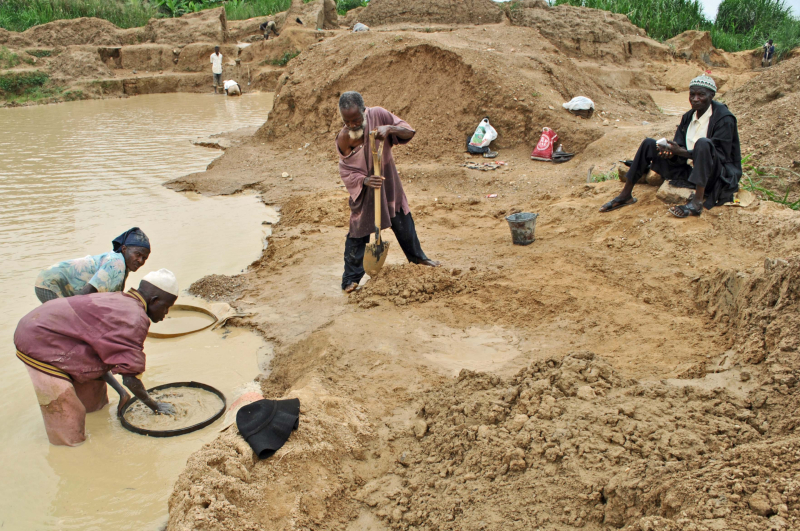
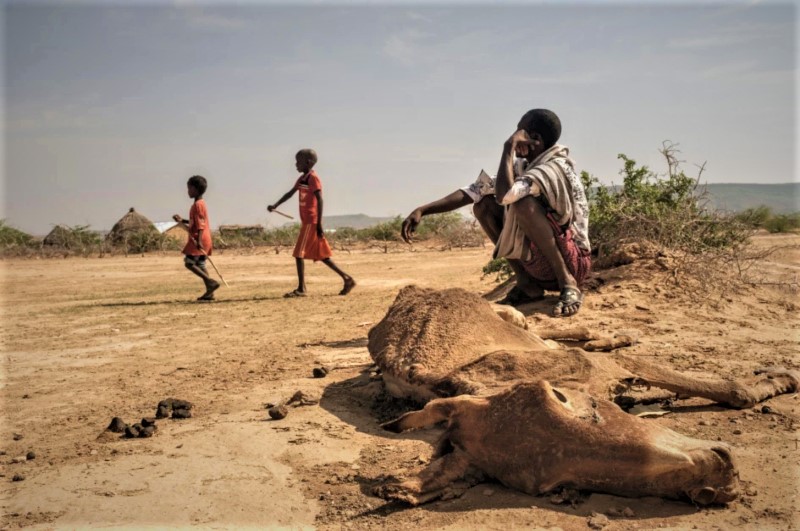
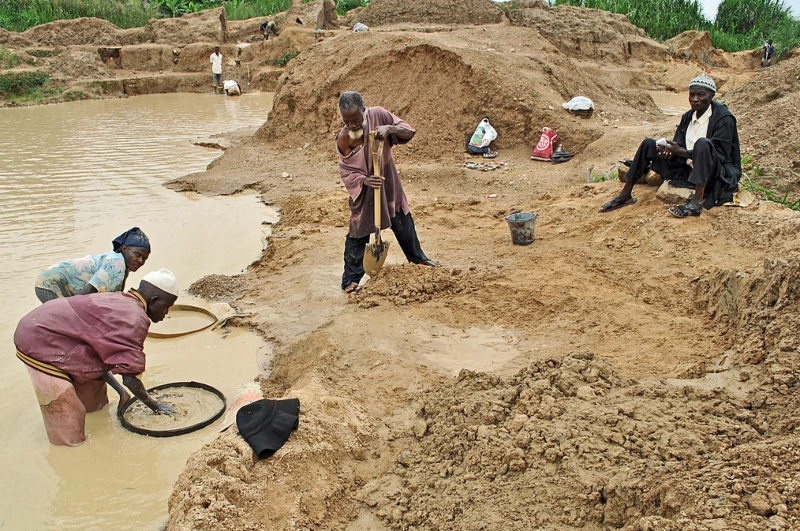
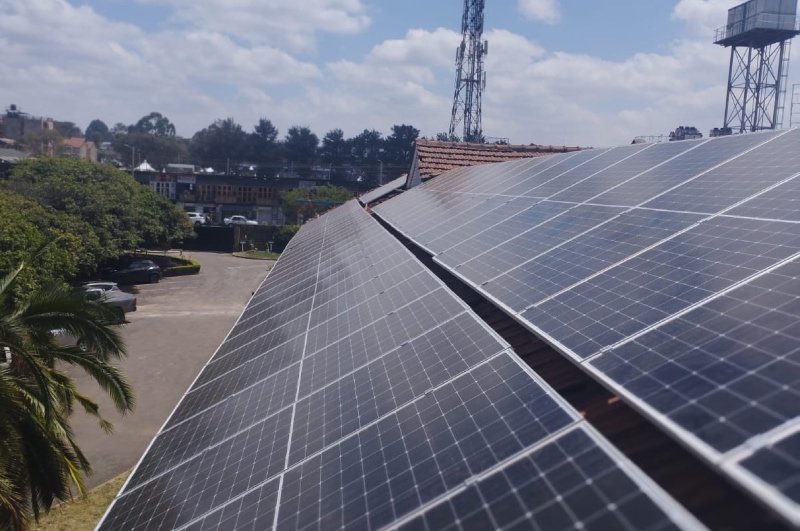

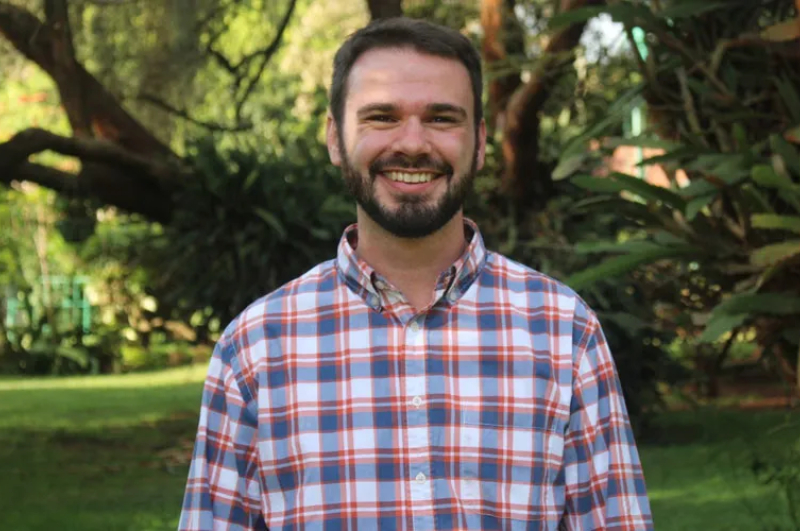
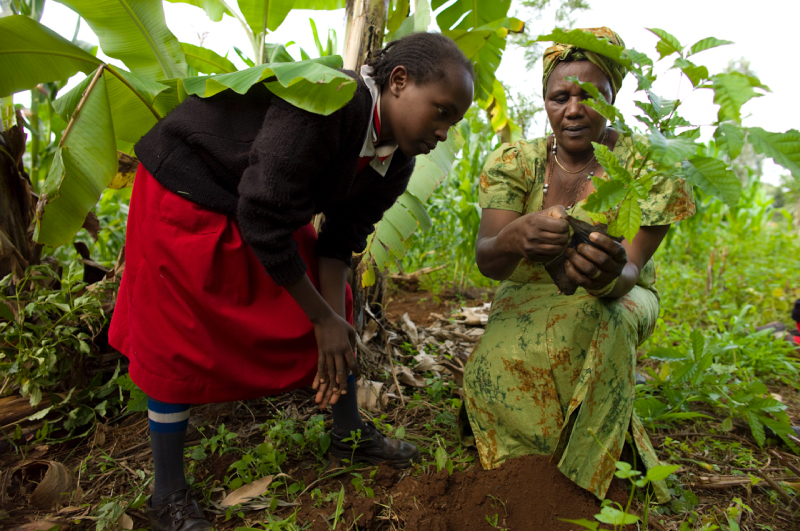
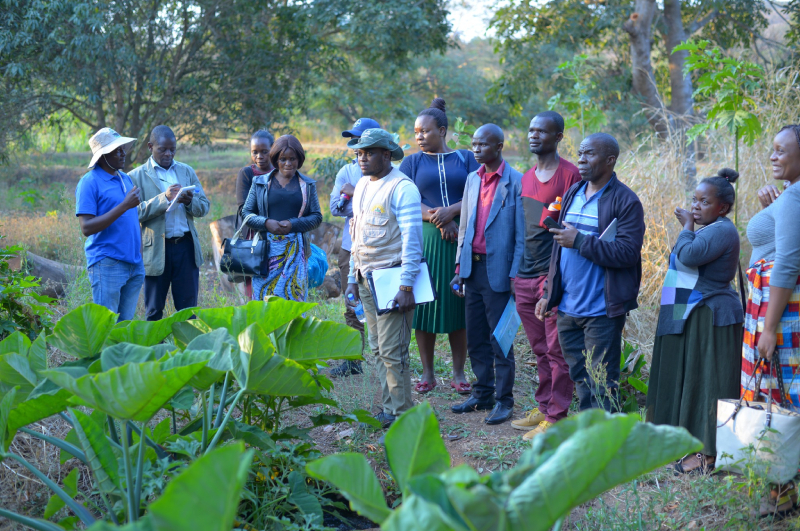
Select Payment Method
Pay by bank transfer
If you wish to make a donation by direct bank transfer please contact Fr Paul Hamill SJ treasurer@jesuits.africa. Fr Paul will get in touch with you about the best method of transfer for you and share account details with you. Donations can be one-off gifts or of any frequency; for example, you might wish to become a regular monthly donor of small amounts; that sort of reliable income can allow for very welcome forward planning in the development of the Society’s works in Africa and Madagascar.
Often it is easier to send a donation to an office within your own country and Fr Paul can advise on how that might be done. In some countries this kind of giving can also be recognised for tax relief and the necessary receipts will be issued.


